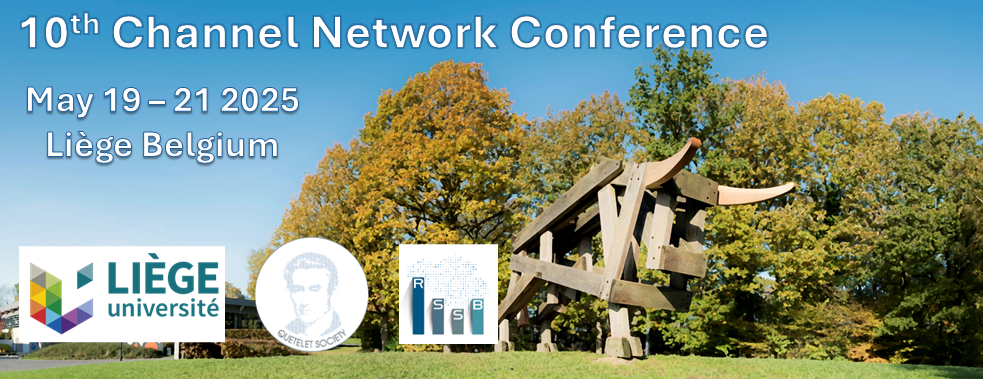
|
|
|
KeynotesWe are proud to announce that Maria Xose Rodriguez-Alvarez (University of Vigo) and Ruth Keogh (London School of Hygiene and Tropical Medicine) will deliver keynote sessions.
Computational Methods for Multidimensional P-Splines:
Advances and Applications in Agriculture and Neuroscience Maria Xose Rodriguez-Alvarez (University of Vigo)
Multidimensional P-splines are a powerful tool for modelling complex, non-linear interactions. However, their application is often constrained by high computational costs, especially when complex smoothing structures, such as anisotropy or local adaptiveness, are required. This talk focuses on recent advancements in computational methods for multidimensional P-splines, offering efficient solutions to these challenges. Through two case studies, we demonstrate how these methods alleviate the computational burden, facilitating the practical application of multidimensional P-splines to complex, real-world data across diverse research fields. The first case study presents a spatio-temporal P-spline hierarchical model for analysing high-throughput phenotyping (HTP) data in agricultural experiments. Using this approach, we model the temporal evolution of genetic effects on a given phenotype, while accounting for spatio-temporal noise and experimental design/post-blocking factors. In the second case study, we introduce a novel anisotropic, locally adaptive P-spline model designed to capture sharp transitions in spatial and spatio-temporal data. The model is applied to the analysis of data from experiments studying neuronal activity in the visual cortex, where, unlike traditional/non-adaptive P-splines, it effectively identifies the spatio-temporal properties of receptive fields.
Chances, choices and challenges: Trial Emulation using patient registry data in cystic fibrosis
Ruth Keogh (London School of Hygiene and Tropical Medicine)
Randomised controlled trials (RCTs) are the gold standard for generating evidence on the effects of treatments, but they have limitations and are not always feasible. Observational data offer alternative chances to study the causal effects of treatments, and ‘trial emulation’ has emerged as a powerful framework for helping in designing such studies. This talk will discuss trial emulation in the field of cystic fibrosis (CF). There remain many unanswered questions about the effects of treatments in CF and national patient registries offer the possibility of assessing a range of questions that are not feasible to address in RCTs. The challenges and opportunities of trial emulation in this context will be discussed through several examples using the UK Cystic Fibrosis Registry, which contains detailed and carefully collected longitudinal data on >99% of the UK CF population. This will include a discussion of the process of conducting “benchmarking” studies in which we emulate previously conducted trials using patient registry data with the aim of exploring the reliability of the data for providing evidence about treatment effects. A further example will consider the challenges of estimating the long-term effects of disease-modifying treatments introduced for large segments of the CF population, including by using negative controls. Some of the choices that need to made when conducting trial emulations will be discussed, which include how to use annually collected confounder and outcome data in combination with treatment prescriptions data. |

